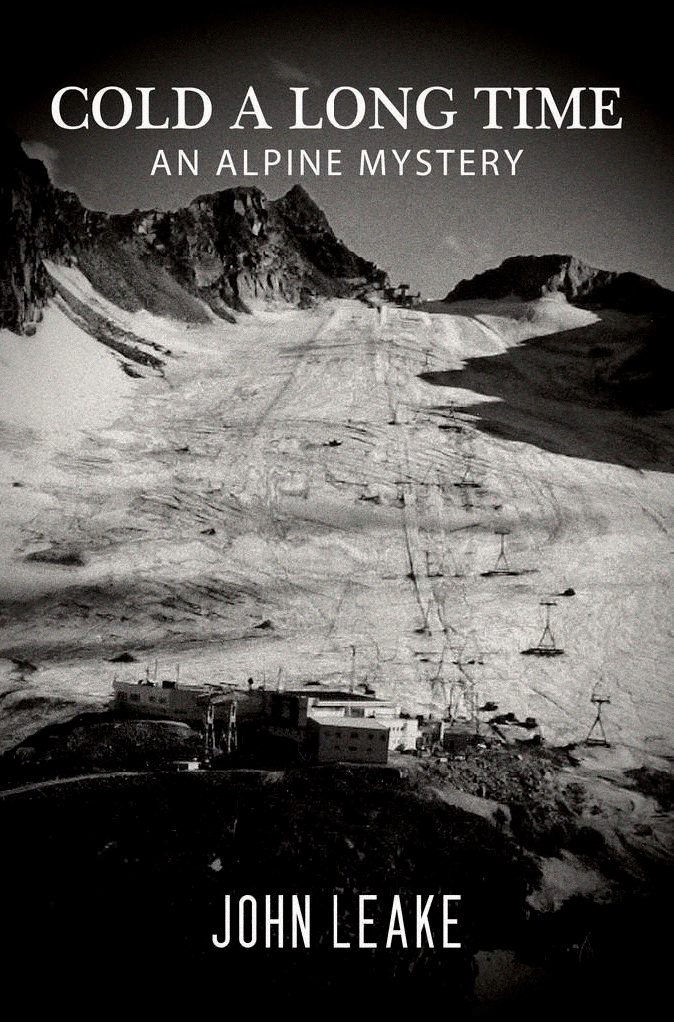-
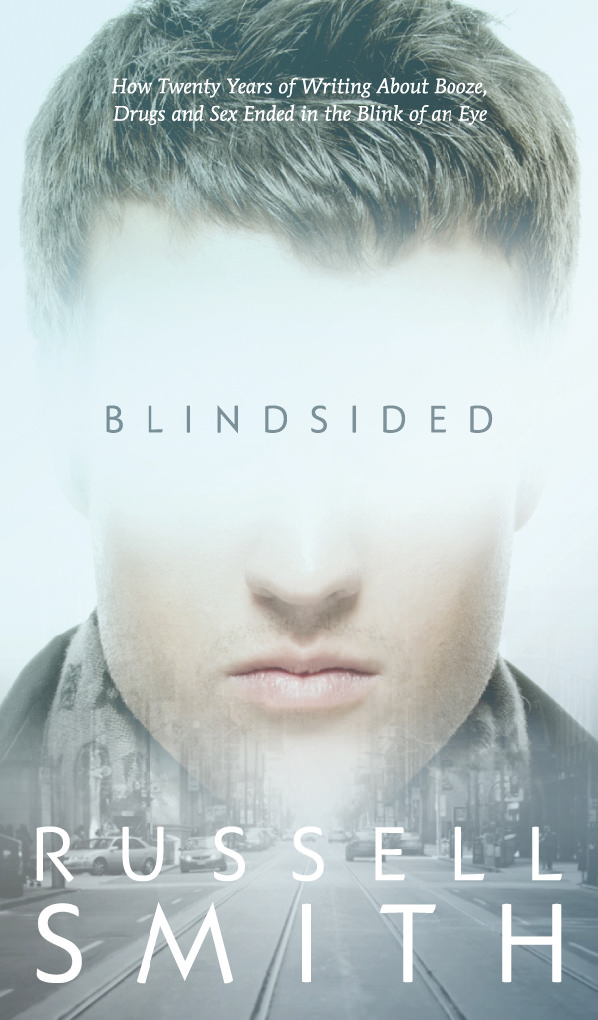
Blindsided by Russell Smith.
-
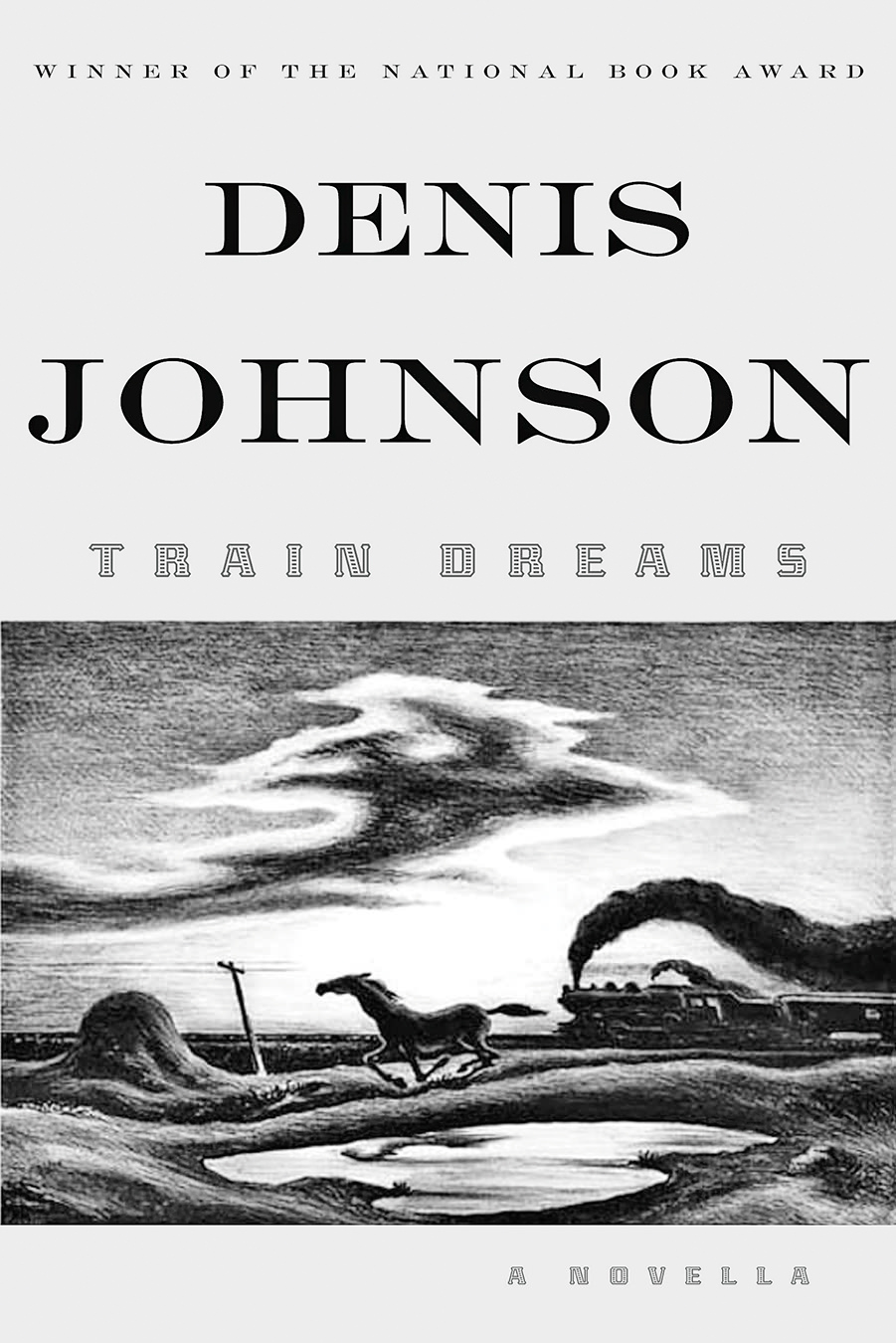
Train Dreams by Denis Johnson.
-
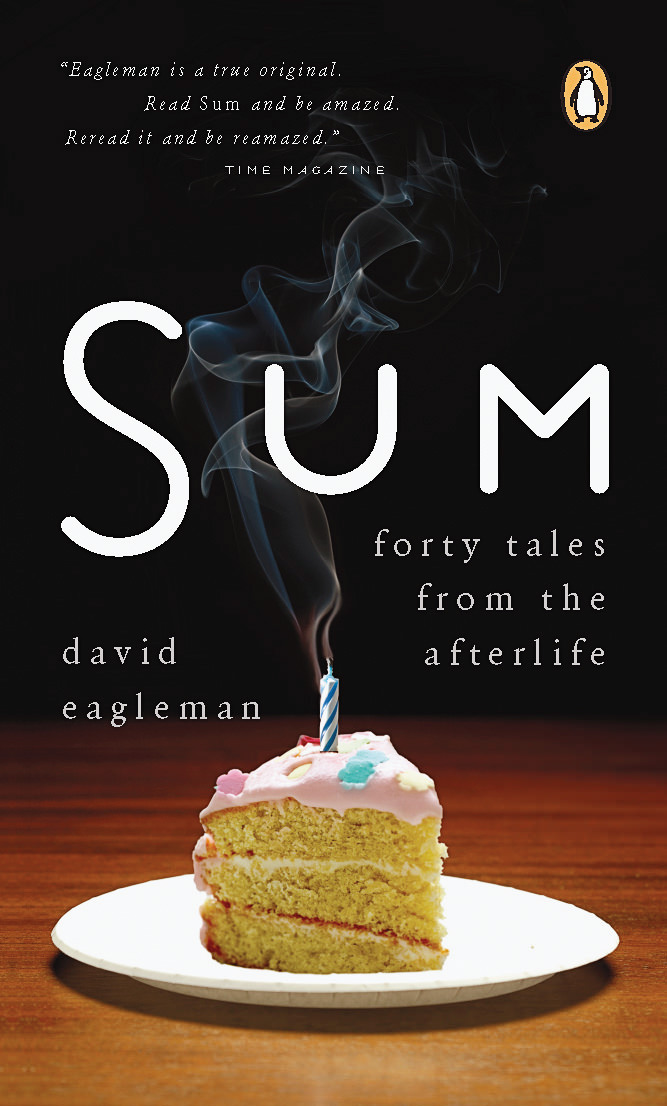
Sum: Forty Tales from the Afterlife by David Eagleman.
-
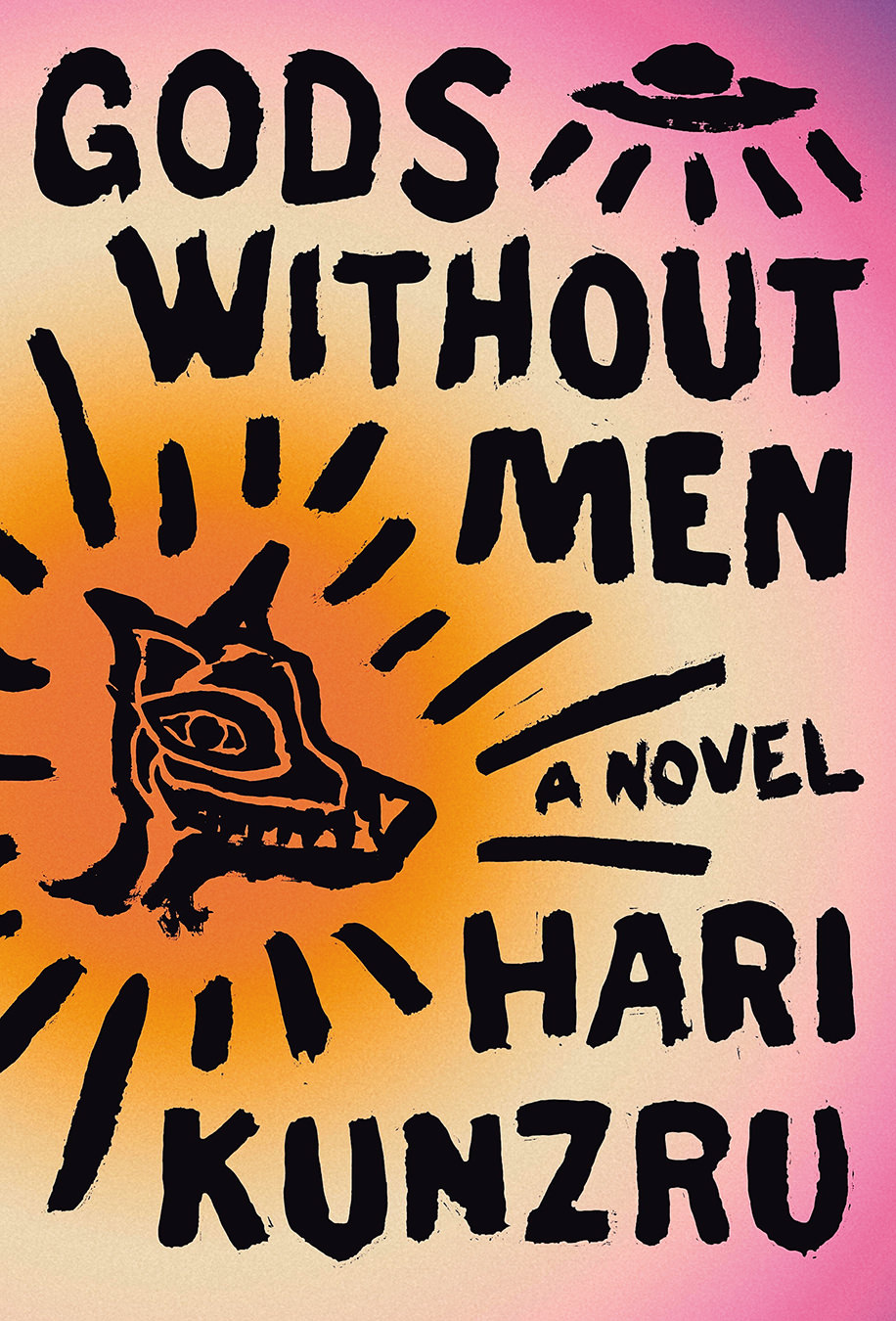
Gods Without Men by Hari Hunzru.
Off the Shelf: Books for E-Readers
Books by Russell Smith, Denis Johnson, David Eagleman, and Hari Kunzru.
For as long as there are different ways and devices used for reading—or at least until Chapters and Amazon figure out a way to transmit stories directly from the imaginations of authors into the minds of readers—there will be debates about the best form in which books are delivered, whether that’s on Kindles or hard covers, on Kobos or trade paperbacks. Those wary of the digital reading revolution speak of information retention concerns and the tactile value of turning real pages, while e-reader enthusiasts cite practical aspects like being able to carry the equivalent of a library in your carry-on.
Yet the discussion over the extent to which technology is changing how we read won’t be resolved until long after we have changed our habits—and far more interesting is the change in what we are reading. As with other essential activities like eating and exercise, reading benefits from variety. E-readers provide an important advantage in terms of accessibility—not just in terms of availability (although they do render out-of-print books, well, a thing of the past), but everything from length to subject matter. Issues of impulse control aside, the ability to purchase and download books in seconds makes it eminently easier for us to broaden our horizons.
Blindsided
An example of the type of writing that stands to benefit from the e-reader shift is Russell Smith’s Blindsided, a piece of non-fiction published by the Canadian Writers Group that, at about 20 print pages or so in length, wouldn’t generally be sold on its own in a bookstore but is easily available for a number of devices (including Kobos and Kindles). In it, Smith, a novelist and a columnist for The Globe and Mail, describes his horrifying experience with retinal detachment and how he began to go blind at the age of 46. The condition first makes itself known with flashes of light and blurriness, and treatment involves inserting a gas bubble into the eye—and if that sounds uncomfortable, so are the consequences: “To get [the bubble] to exert pressure on the right place, pushing your retina flat against the back of your eye, you must lie in a certain position, usually face down, for two weeks after the surgery.”
Although his vision became slightly impaired in that eye, Smith was eventually able to see again. But a year later, it happened again—to his other eye. He recounts, “My son wandered into my room as I was on the phone, in his heartbreaking dinosaur pyjamas, and said, ‘What you doing daddy?’ I said, ‘I am going blind,’ and I began to cry in front of him, which is something I had promised myself I would never do, a promise I kept breaking.”
Along with the first-hand accounts of the ordeal, Smith provides context for other aspects of his life: troubles with his partner; his previous partying lifestyle; and the death of his father, all of which serve to make the ordeal that much more tragic. The short memoir is an intense, fascinating, and mostly frightening look at the condition and its far-reaching effects.
Train Dreams
Another type of writing that is poised to start receiving the attention it has hitherto never gained is the novella. For too long the genre has been “an anarchy-ridden literary banana republic,” as Stephen King once described it; too short for paperbacks and too long for magazines, novellas may find their home on e-readers. Such is the case with Denis Johnson’s Train Dreams, which was originally published in The Paris Review a decade ago; a novella that showcases the zenith of what a great writer can do in a small space.
Train Dreams tells of the life of Robert Grainier, whose tale begins while he is working on the railway in 1917 in the Idaho Panhandle. He moves from job to job, always drawn to the forest: “He liked the grand size of things in the woods, the feeling of being lost and far away, and the sense he had that with so many trees as wardens, no danger could find him.”
He returns home to find his cabin burned down from a forest fire; his wife and daughter are lost, and his acreage is destroyed. Johnson’s descriptions of the fire are haunting:
All his life Robert Grainier would remember vividly the burned valley at sundown, the most dreamlike business he’d ever witnessed waking—the brilliant pastels of the last light overhead, some clouds high and white, catching daylight from beyond the valley, others ribbed and gray and pink, the lowest of them rubbing the peaks of Bussard and Queen mountains; and beneath this wondrous sky the black valley, utterly still, the train moving through it making a great noise but unable to wake this dead world.
Grainier is shattered and this is a defining moment in his life, though not the only one of import. His is a sad story yet not without some flash of solace; “He very often wept in church. Living up the Moyea with plenty of small chores to distract him, he forgot he was a sad man. When the hymns began, he remembered” is a tragic line, but perhaps not hopelessly so. Train Dreams is a tightly written, startlingly powerful reflection on character and life and meaning and death.
Sum: Forty Tales from the Afterlife
If Train Dreams is best read all at once—and it is; if you can, pick an afternoon when you have an hour or two free to read through to the end—then David Eagleman’s Sum: Forty Tales from the Afterlife is well served by stretching it out, limited to reading one chapter a day or even a week. Science fiction is a bit too broad a term for this; speculative fiction might be the best, but Sum generally defies categorization. This short book consists of 40 chapters, each one a couple of pages long and detailing a different description of a possible afterlife.
In the first, we relive our lives, but with all our activities “reshuffled” and grouped together: “You spend two months driving the street in front of your house, seven months having sex. You sleep for thirty years without opening your eyes. For five months straight you flip through magazines while sitting on a toilet.” In another, humans were created by beings called Collectors who hope to discover the secret of relationships, and we are debriefed upon death. One chapter depicts heaven as existing, but rundown: “The angels were gaunt, sitting on blankets with small paper cups for change in front of their dented harps. They tinkled out a small ditty as you walked by … God is gone. The rumor is that He stepped out long ago, saying He’d be right back.”
The “stories” tap into themes both religious and secular, some depicting visions of paradise and others of torment; a number of them are funny; but they are all thought provoking. Eagleman is a neuroscientist, and certainly must have some keen insight into how we think about death, but his striking ideas are executed almost poetically. What could have easily turned into a sort of Chicken Soup for the Departed Soul is instead a book that’s surprisingly deep, sometimes whimsical, and often serious, and without a page that doesn’t make us consider our lives, and the meaning (or lack thereof) we seek therein.
Gods Without Men
While Sum may quietly resist attempts at classification, Hari Kunzru’s novel Gods Without Men thrives in chaos. At its core is likewise a search for meaning, undertaken here by numerous characters—and there are many—all linked by apparently little else than that search and an odd rock formation called the Pinnacles (“three columns of rock … like the tentacles of some ancient creature, weathered feelers probing the sky”) located in the California desert.
The many stories in Gods Without Men occur in different time periods; they range from a friar exploring the desert in the 1700s to a UFO cult occupying the site in the 1950s to a strung-out rock star stumbling around in the 2000s, the chapters skipping and jumping back and forth. If any are given primacy, it’s the tale of a married couple, Jaz and Lisa, who travel to see the rocks in 2008 with their autistic son. The boy vanishes, and in the aftermath, the couples’ experience is contrasted with, connected to, and mirrored in that of others who have visited the area.
The book challenges the reader to make sense of the connection between people and time periods. Certainly the nonlinear narrative can be a bit of a mind-bender at times—but it makes the experience that much more rewarding. And it all ties in to the pursuit—by the characters and also by us, the readers—for meaning and reality. As we are pulled along through time and space, we have to fill in the gaps as best we can. Kunzru’s writing changes, chapter to chapter, sometimes subtly, other times drastically, to reflect the different stories being told, which is essential to avoid getting confused by the knotty yet intriguing narrative.
The mystery of the rocks in the desert—a location, we learn, in which strange happenings have occurred over the centuries—would become the main focus in a less-ambitious novel, but Kunzru is more interested in, well, a vast range of other things. Technology, for example, is a theme to watch for; Jaz is a mathematician working on a “heuristic trading engine” that displays some worrying abilities to pick out patterns in the chaos of the stock market. That connects to a hippie commune that lives near the Pinnacles in the 1970s, and believes in the evilness of “the H-bomb”, “the financial markets”, and “other dark-side weapons”. Which, in turn, is linked to a former air force engineer who moves out by the rocks in 1947 in hopes of contacting aliens, and recalls watching the Enola Gay take off with a nuclear bomb on board: “His beautiful gleaming aircraft, the harbingers of light, had been used to unleash darkness. He’d been betrayed.”
The phrase “the high white sound of reality” appears late in the book, and Kunzru’s use here of “sound” is interesting; not white noise, which might evoke a sense of insignificance, but sound. Even in the apparent chaos, there can be meaning. “There are certain things you can’t look at directly,” notes one character. “You need to trick them into revealing themselves.” Thus it is with so many things—books included.



